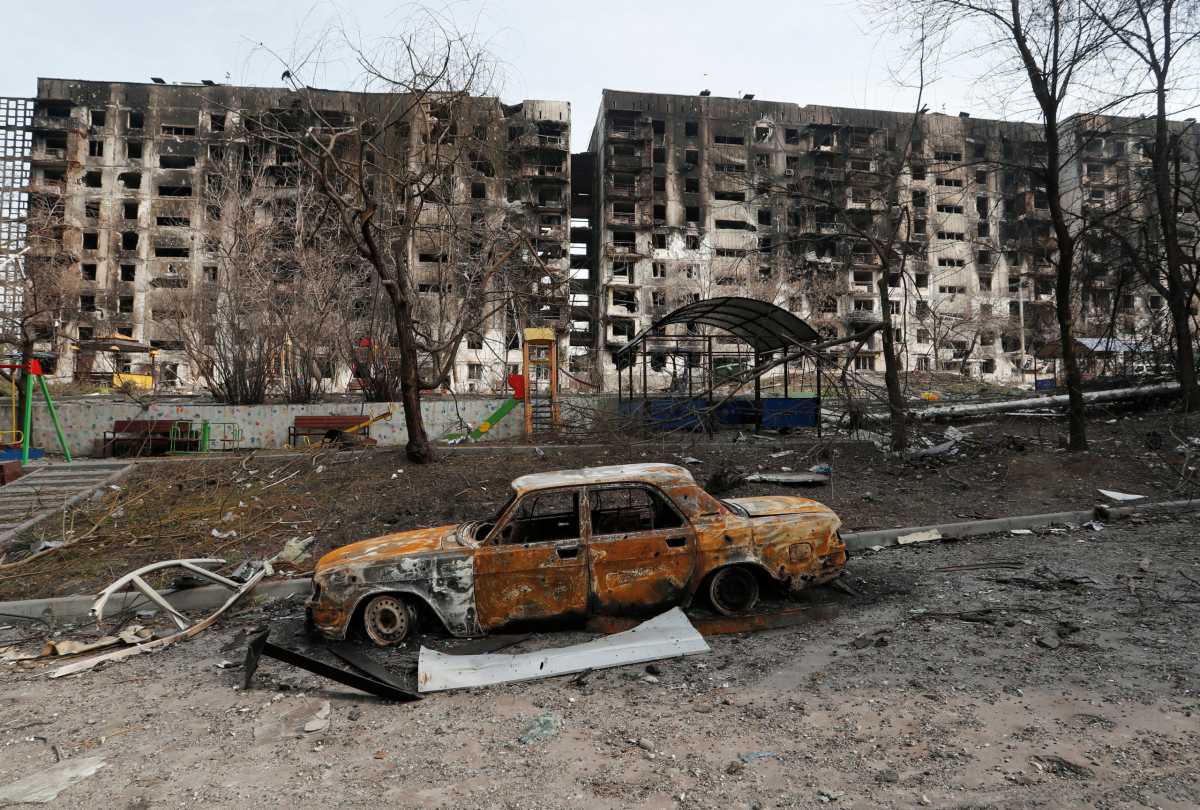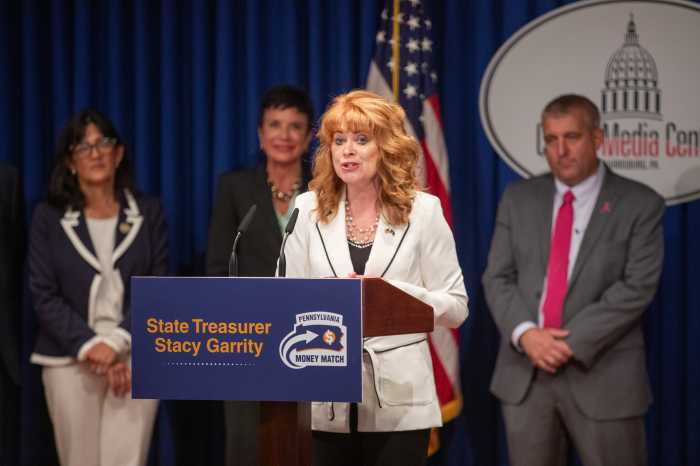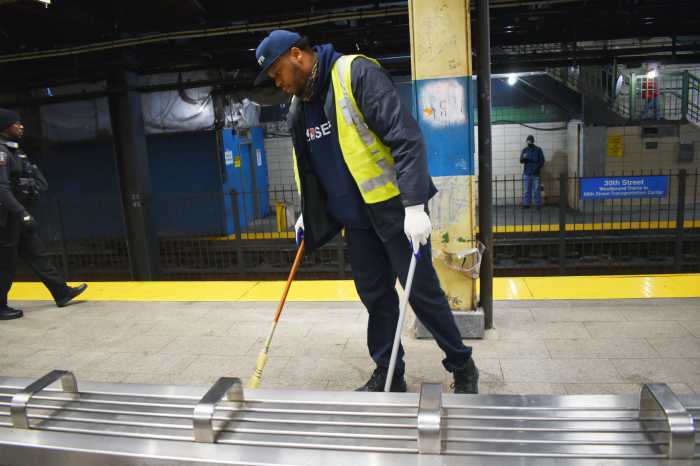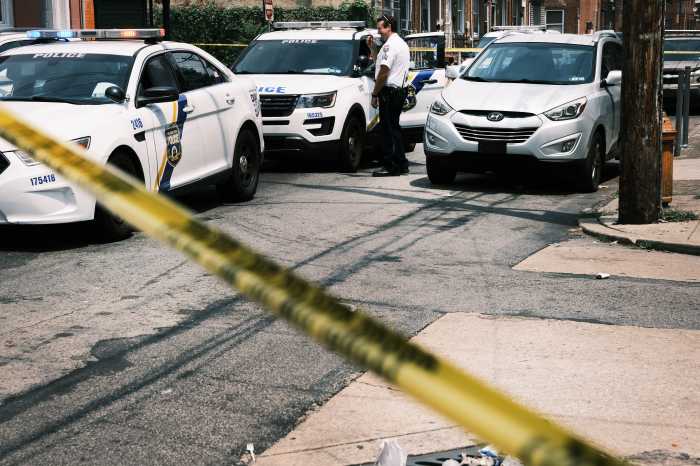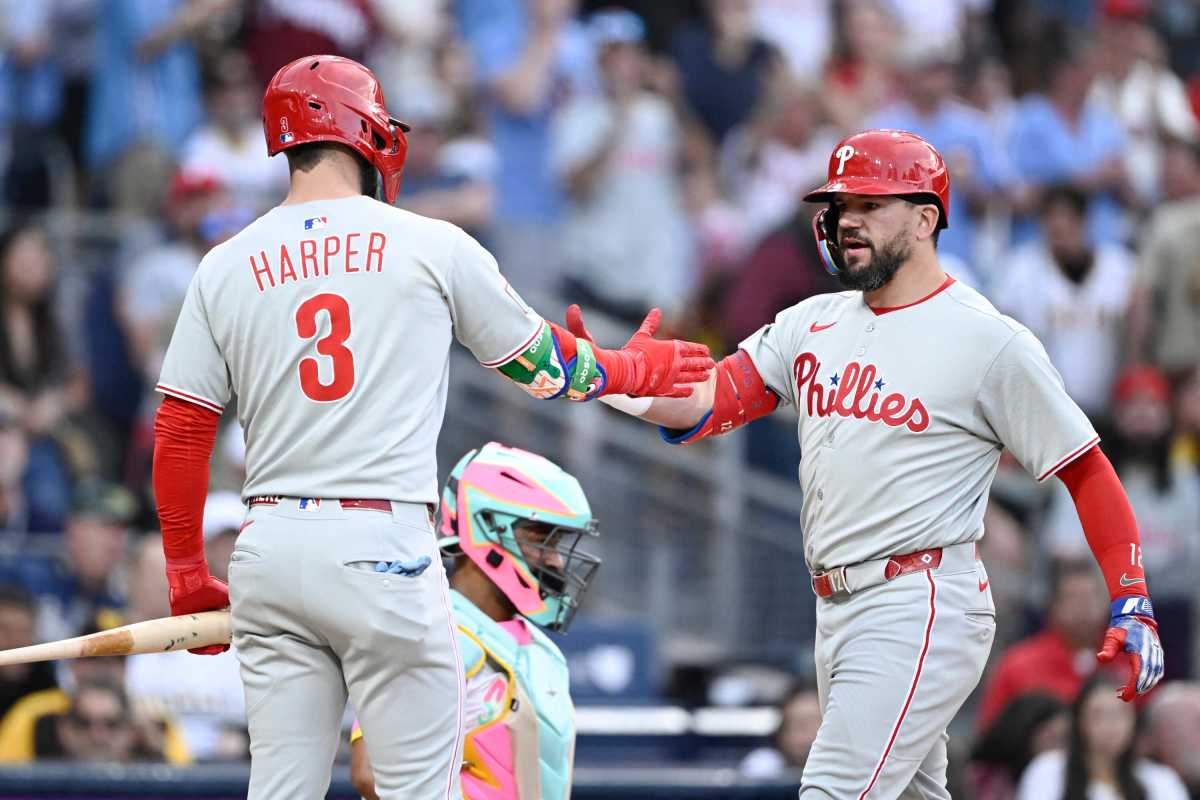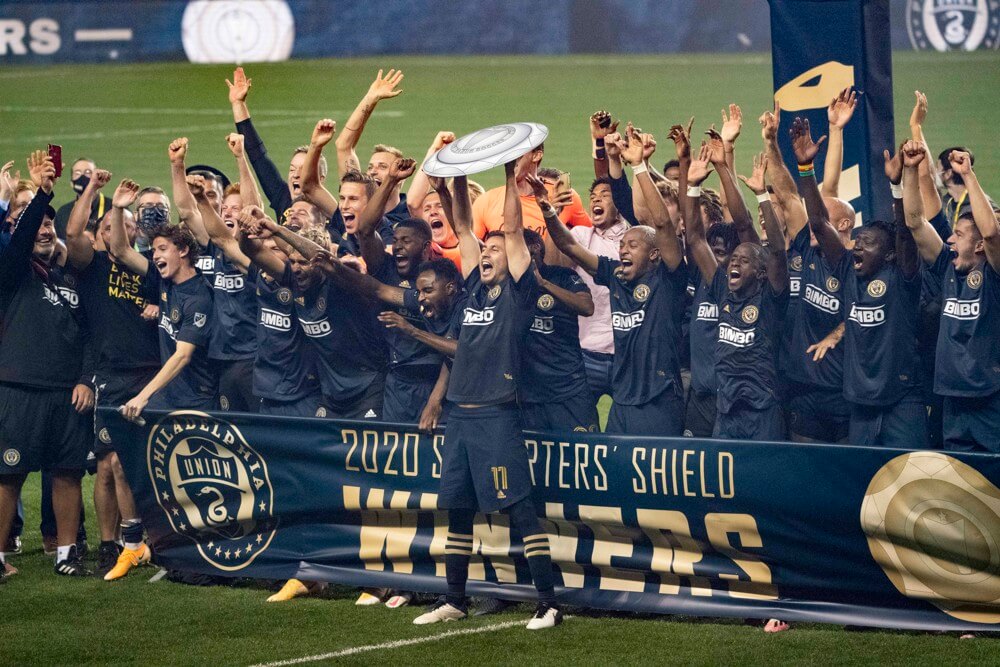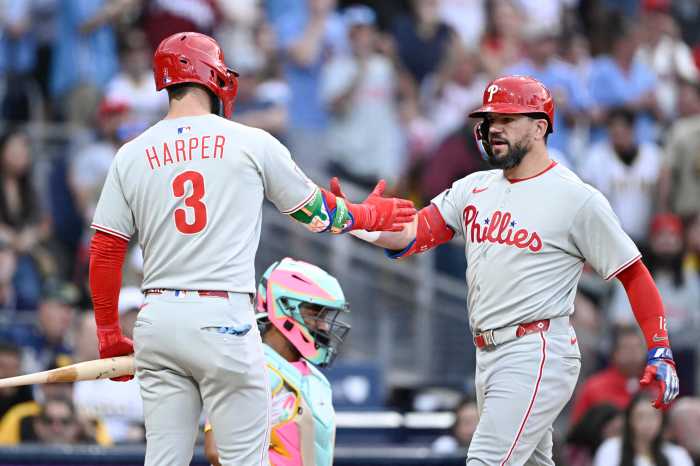By Vitalii Hnidyi and Pavel Polityuk
President Vladimir Putin threatened on Thursday to halt contracts supplying Europe with a third of its gas unless they are paid in Russian currency, his strongest economic riposte so far to crushing Western sanctions over his invasion of Ukraine.
European governments rejected Putin’s ultimatum for Friday, with the continent’s biggest recipient of Russian gas, Germany, calling it “blackmail”. Moscow did, however, offer a mechanism for buyers to obtain roubles via a Russian bank.
The energy showdown has huge ramifications for Europe as U.S. officials circle the globe to keep pressure on Putin to stop a five-week invasion that has uprooted a quarter of Ukraine’s population.
Europe wants to wean itself off Russian energy but that risks further inflating soaring fuel prices. Russia has a huge revenue source at stake even as it reels from sanctions.
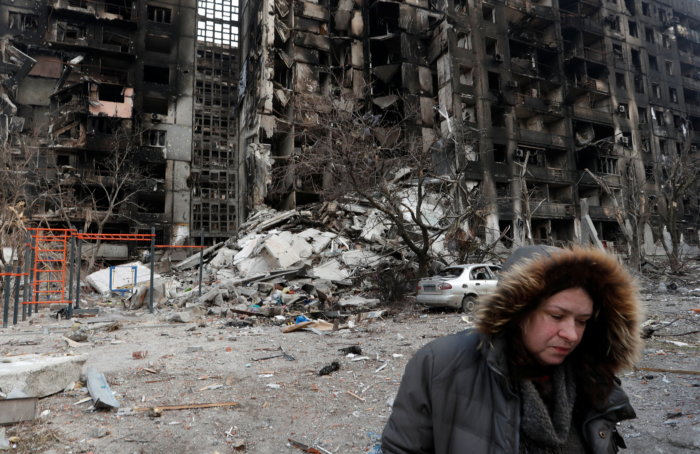
Facing stiff resistance from Ukraine’s military, Putin has played one of his biggest cards in the demand on European energy buyers.
“They must open rouble accounts in Russian banks. It is from these accounts that payments will be made for gas delivered starting from tomorrow,” he said on Thursday.
“If such payments are not made (in roubles), we will consider this a default on the part of buyers, with all the ensuing consequences … existing contracts will be stopped.”
ENERGY CRISIS?
With the war exacerbating global fuel prices, President Joe Biden launched the largest release ever from the U.S. oil reserve and challenged oil giants to drill more to bring down gas prices.
“This is a moment of consequence and peril for the world,” Biden said at the White House as he announced a release of 180 million barrels starting in May. But that amount fails to cover a U.S. loss of Russian oil, which Biden banned this month.
Western governments say Putin’s demand for rouble payments would be a breach of contracts in euros or dollars. Germany and Austria declared “early warnings” on gas supplies, but no EU country has yet signaled it is facing a supply emergency.
An order signed by Putin allows customers to send foreign currency to a designated account at Russia’s Gazprombank, which would then return roubles for the gas buyer to make payment.
“Russia would have to physically halt gas flows to EU 27 (European Union member states) to force the issue, marking a major escalation not even performed at the height of the Cold War. It would mark another major financial blow to Russia’s coffers,” said analysts at Fitch Solutions.
Putin sent troops on Feb. 24 for what he calls a “special military operation” to demilitarize and “denazify” Ukraine.
But at talks this week, Moscow said it would scale back offensives near the capital Kyiv and north as a goodwill gesture and focus on “liberating” the southeastern Donbas region.
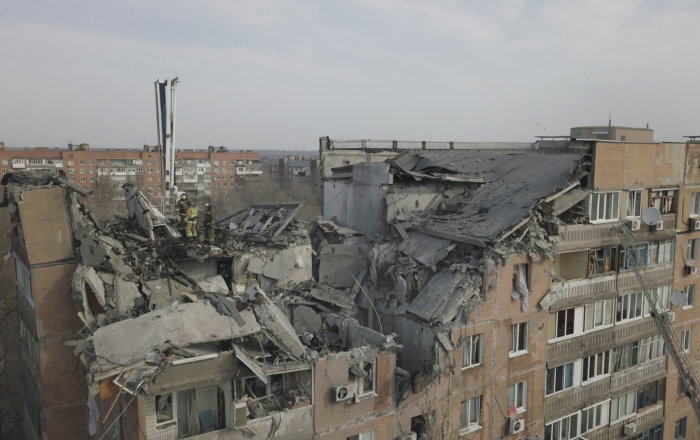
Kyiv and its allies say Moscow is simply trying to regroup following losses after a Ukrainian counter-offensive that has recaptured suburbs of the capital plus strategic towns and villages in the northeast and southwest.
U.S. and European officials say Putin has been misled by generals about his military’s dire performance.
Ukraine’s President Volodymyr Zelenskiy praised “our defenders” who had resisted aerial bombardments and pushed armored columns back. Now, he said, Russia was building up forces for new strikes on the Donbas, which it demands Ukraine cede to pro-Moscow separatists.
Peace negotiations are set to resume on Friday.
‘THE CHILDREN ARE SHAKING’
The war has been particularly fierce in the besieged Azov Sea port of Mariupol, a gateway to the Black Sea which links a strategic corridor between Donbas and the Russian-annexed Crimea peninsula.
The mayor’s office estimates 5,000 people have died.
Tens of thousands have been trapped for weeks with scant food, water and other supplies in the city that once housed 400,000 people but has been pulverized by bombardment.
The International Committee of the Red Cross (ICRC) was sending an aid convoy and Ukraine dispatched 45 buses in hopes of evacuating people on Friday.
In a Russian-held part of Mariupol, people climbed out of cellars to appear, ghostlike, among the ruins. One man named Pavel placed a bowl and spoon as a tribute on a makeshift grave in a patch of grass, marked with a plain wooden cross.
“Our friend. March 16. Driving in a car. A bullet hit him in the throat. He was dead in five minutes,” he said.
Elsewhere, there was evidence of Ukraine’s successful counter-attack in Trostyanets, an eastern town. Burnt-out Russian tanks and abandoned ammunition littered muddy roads while dazed civilians and a few Ukrainian soldiers roamed.
“We spent 30 days in the basement, with small children. The children are shaking, even still,” said a woman named Larisa.
“They don’t understand what has happened.”
Ukraine’s state nuclear company said all Russian forces that occupied the Chernobyl nuclear station had left the defunct plant, possibly concerned over radiation.
Western countries say Putin’s real aim was to swiftly topple Ukraine’s government, and that its failure is a strategic catastrophe, bringing economic ruin and diplomatic isolation.
Britain and the United States imposed sanctions on Russian media outlets and the country’s technology sector. Canada said Russia cannot be a constructive partner in the G20, a group composed of most of the world’s largest economies.
“The bottom line is: It can’t be business as usual to have (Russian President) Vladimir Putin just sitting around the table pretending that everything’s okay,” said Prime Minister Justin Trudeau.
Reuters



